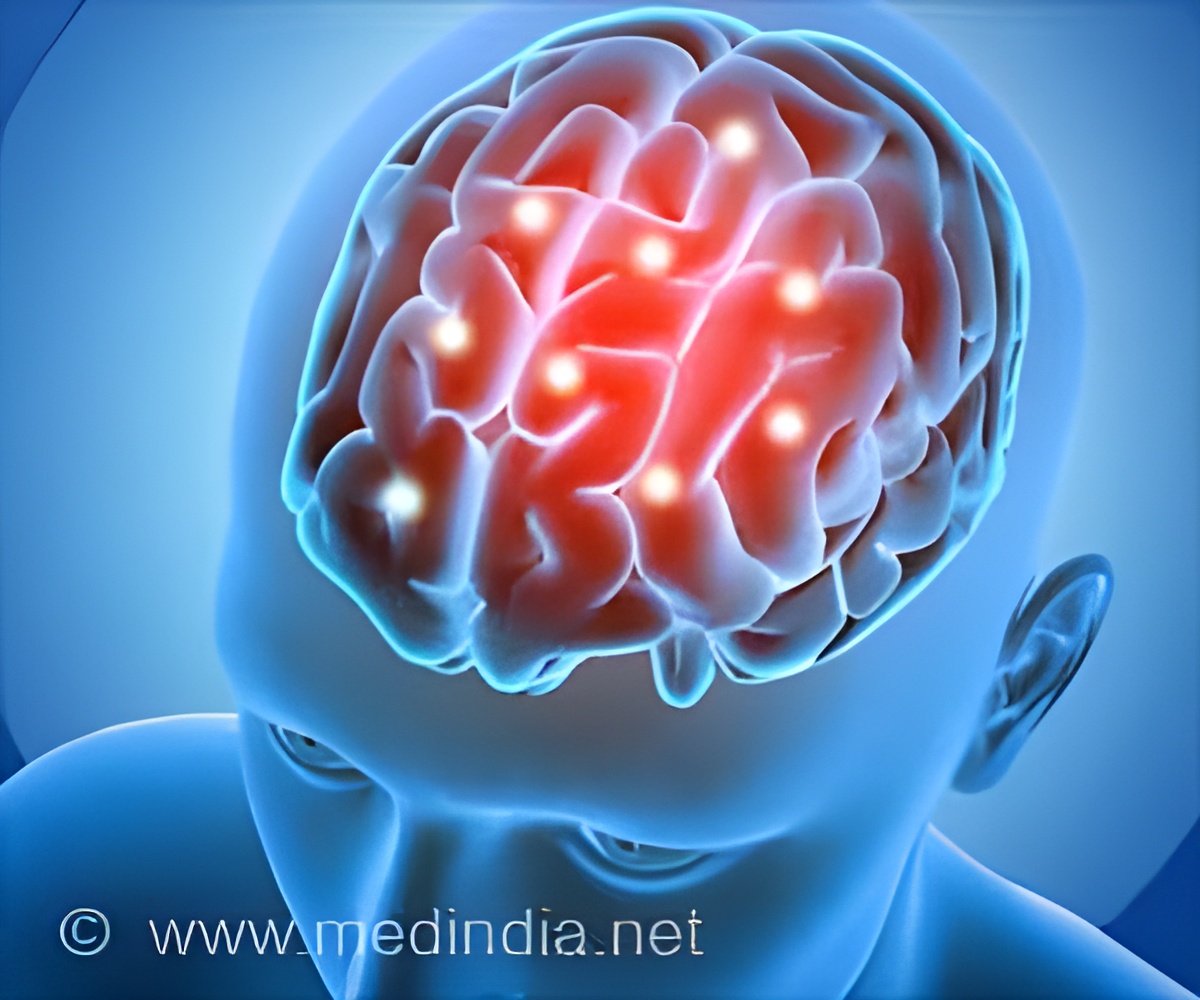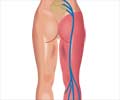Learn how the recent research challenges the direct role of dopamine in the establishment of positive treatment expectations and placebo analgesia.

Dopamine’s Role in Placebo Effects
Dopamine-based reward and learning systems have been linked to placebo effects. Uncertainty persists regarding the precise function of the neurotransmitter dopamine in their formation and maintenance.The intensity and durability of therapeutic effects on pain, as well as the causal role of dopamine in anticipating favorable outcomes, were investigated to close the knowledge gap.
The dopamine antagonist sulpiride, the dopamine precursor L-dopa, and an inactive pill with no medication as a control were used in an experimental, double-blind, randomized, placebo-controlled trial involving 168 healthy volunteers to achieve this goal. Additionally, they combined the two opposing medications with an established placebo pain relief paradigm to alter dopamine levels in the brain.
Complex Relationship Between Dopamine and Placebo Responses
The study medication successfully altered dopaminergic tone during the conditioning procedure. Contrary to the hypothesis, the medication did not modulate the formation of positive treatment expectations, and placebo analgesia was tested one day later.Placebo analgesia was no longer detectable on day eight after conditioning. Overall, the data provided strong evidence against a direct dopaminergic influence on the generation and maintenance of placebo effects.
Advertisement
In addition, the results contribute to a more nuanced understanding of the neurobiology underpinning placebo analgesia, which aids the characterization of the intricate interplay between cognition, neurochemistry, and treatment outcome.
In particular, future efforts to advance the understanding of dopaminergic mechanisms for modulating treatment response in pain must consider the undoubtedly complex involvement of dopaminergic neurotransmission in pain and its modulation.
The authors add, “Our research is driven by the motivation to target the underlying mechanisms of placebo effects to make active medical treatments more effective. The results of our study help to redirect the search for novel treatment targets to achieve this goal.”
Reference:
- Dopamine has no direct causal role in the formation of treatment expectations and placebo analgesia in humans- (https:journals.plos.org/plosbiology/article?id=10.1371/journal.pbio.3002772)
Source-Eurekalert















